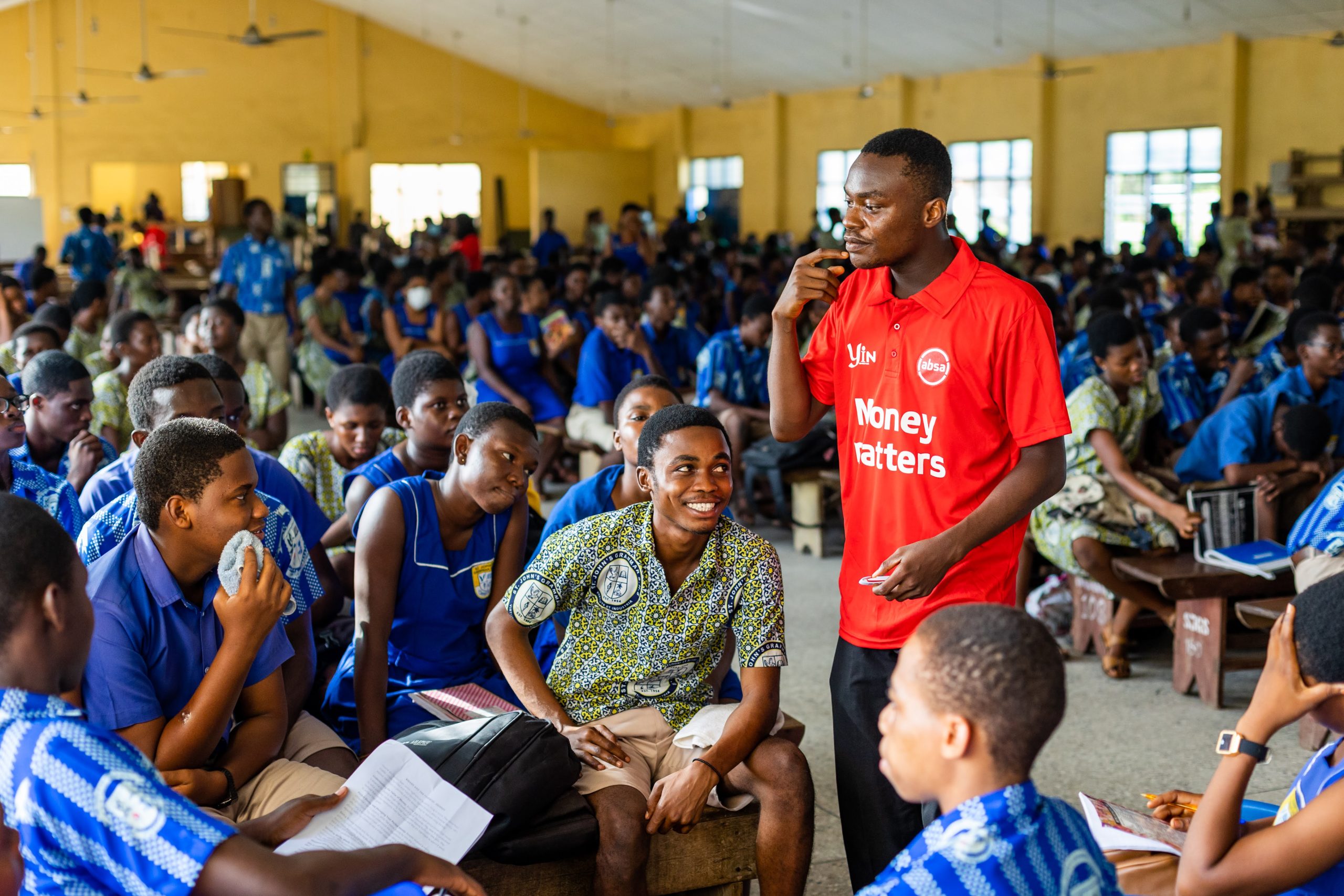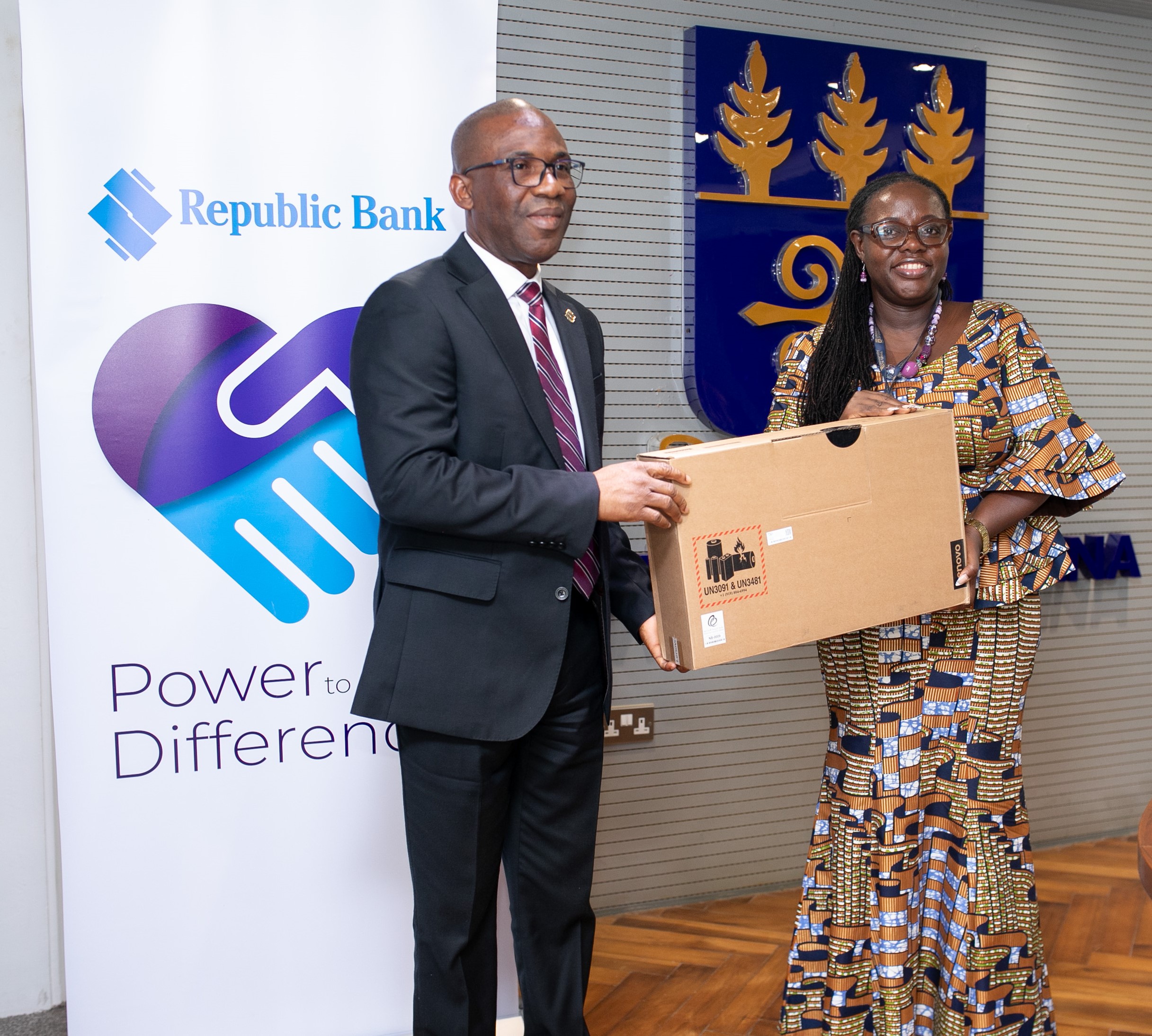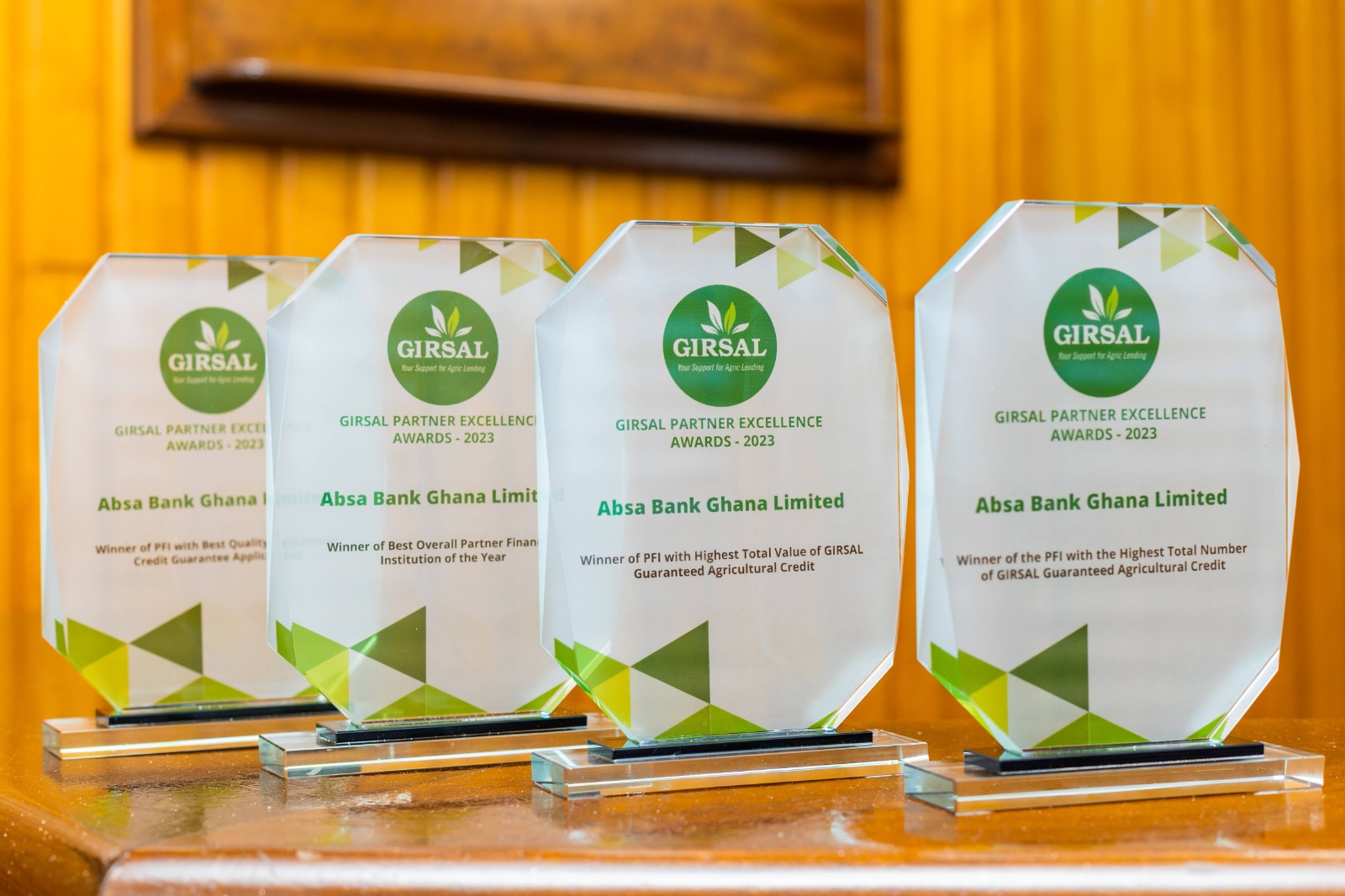
Absa Bank Ghana LTD continues to make significant strides in enhancing financial literacy among the youth through its ‘Money Matters’ initiative. Launched earlier this year, the programme has already impacted over 50,000 pupils across 78 basic and senior high schools nationwide, surpassing initial milestones and laying a strong foundation for sustainable financial literacy education.
The ‘Money Matters’ initiative, developed in collaboration with the Ghana Education Service, the Young Investors Network, and the National Banking College, is designed to equip students of basic and senior high schools with essential financial skills such as budgeting, saving, and investing.
Priscilla Yeboah, Head of Citizenship at Absa Bank Ghana LTD, expressed her enthusiasm about the program’s success: “The response to the Money Matters initiative has been overwhelmingly positive and has received great support from the regional and municipal offices of the Ghana Education Service across the regions visited so far. Our goal is to impact 100,000 students, and currently we have reached over 50,000 students. This milestone shows the need for financial literacy education amongst young people, and we are committed to ensuring that more people gain the financial literacy skills they need to navigate the economic landscape of tomorrow.”
Mrs. Yeboah explained how the initiative’s interactive curriculum and real-life scenarios work together to ensure that students understand financial concepts and can apply them in their daily lives. “This hands-on approach has helped to increase the engagement and retention of financial knowledge among participants. When you are financially literate, you have the essential foundation for a smart relationship with money”. For Absa Bank Ghana, the ‘Money Matters’ initiative represents a forward-thinking step towards building a financially literate future generation. As the bank continues to roll out its financial literacy programme, the focus remains on equipping youth with the critical skills needed to contribute positively to Ghana’s economic development.
Read Full Story























Facebook
Twitter
Pinterest
Instagram
Google+
YouTube
LinkedIn
RSS